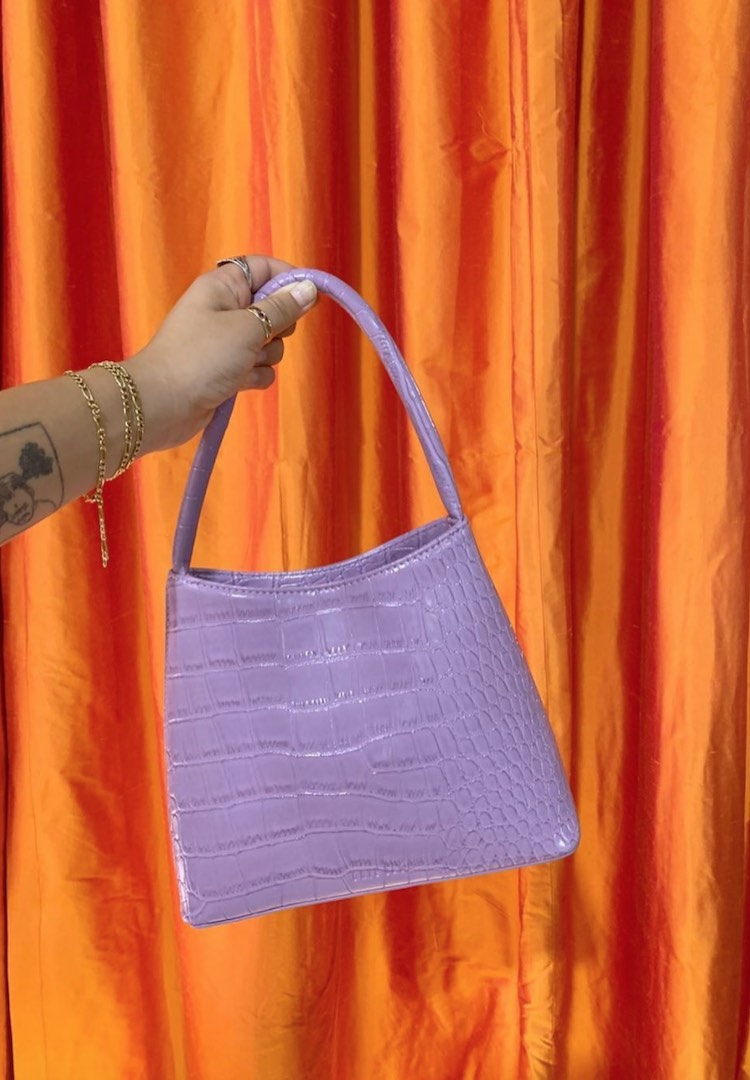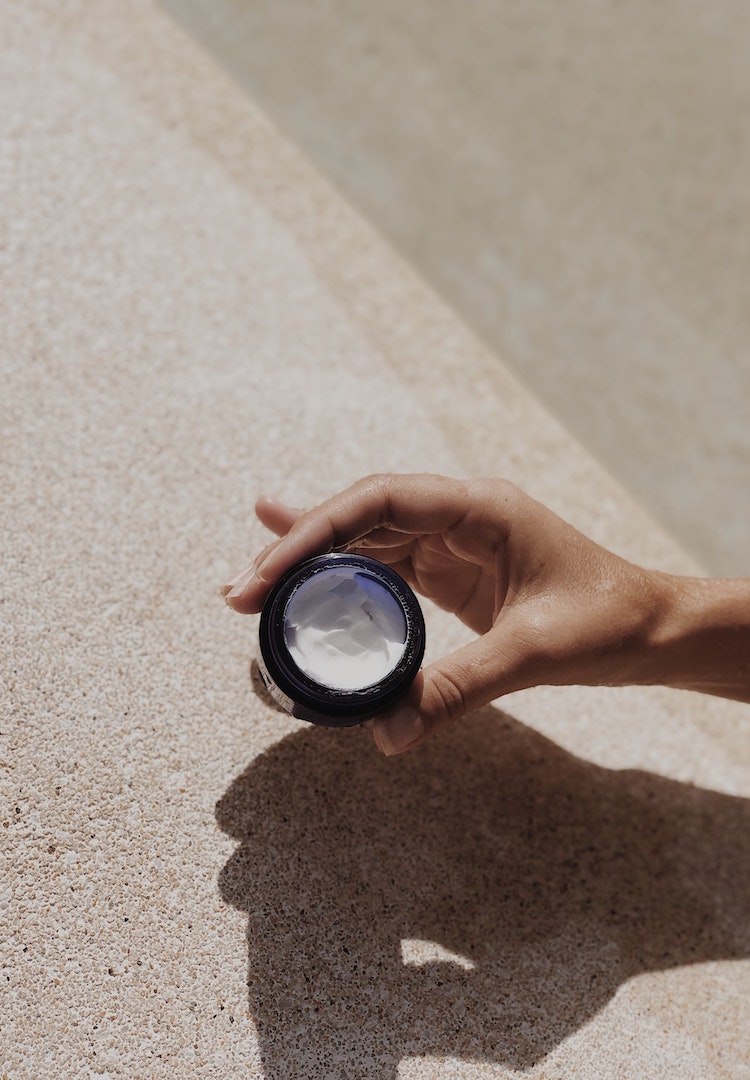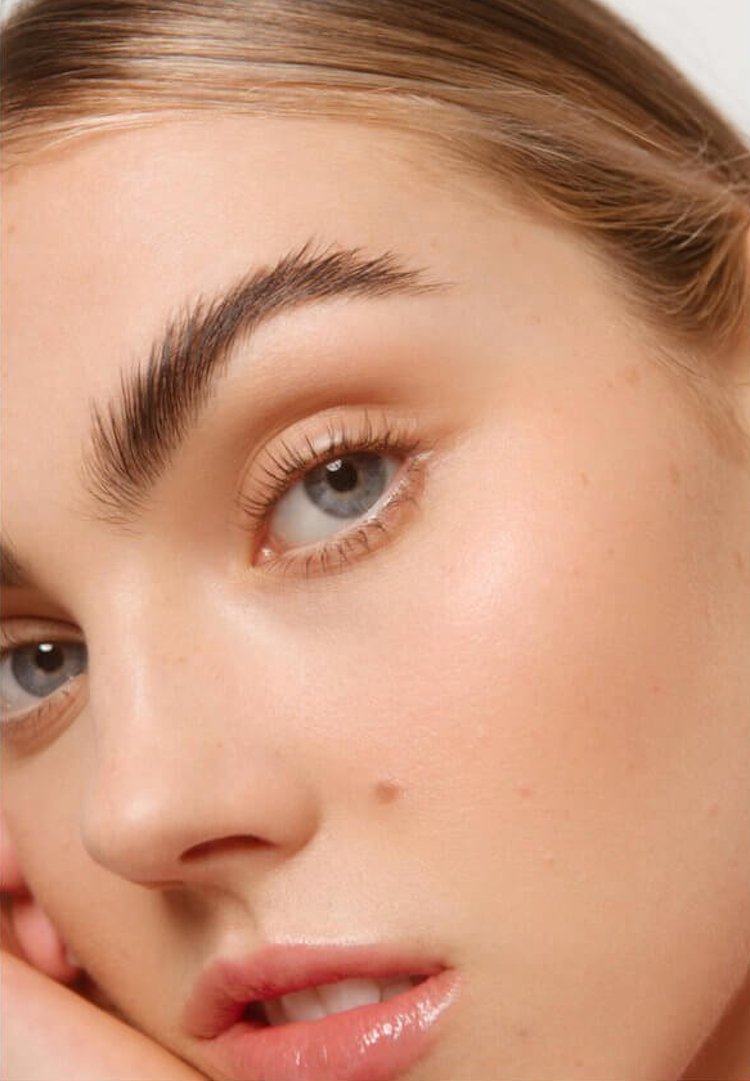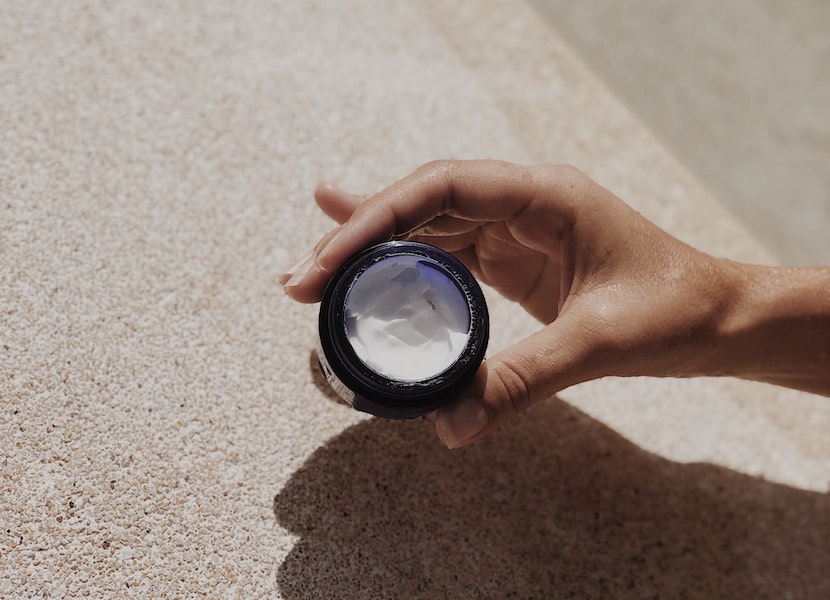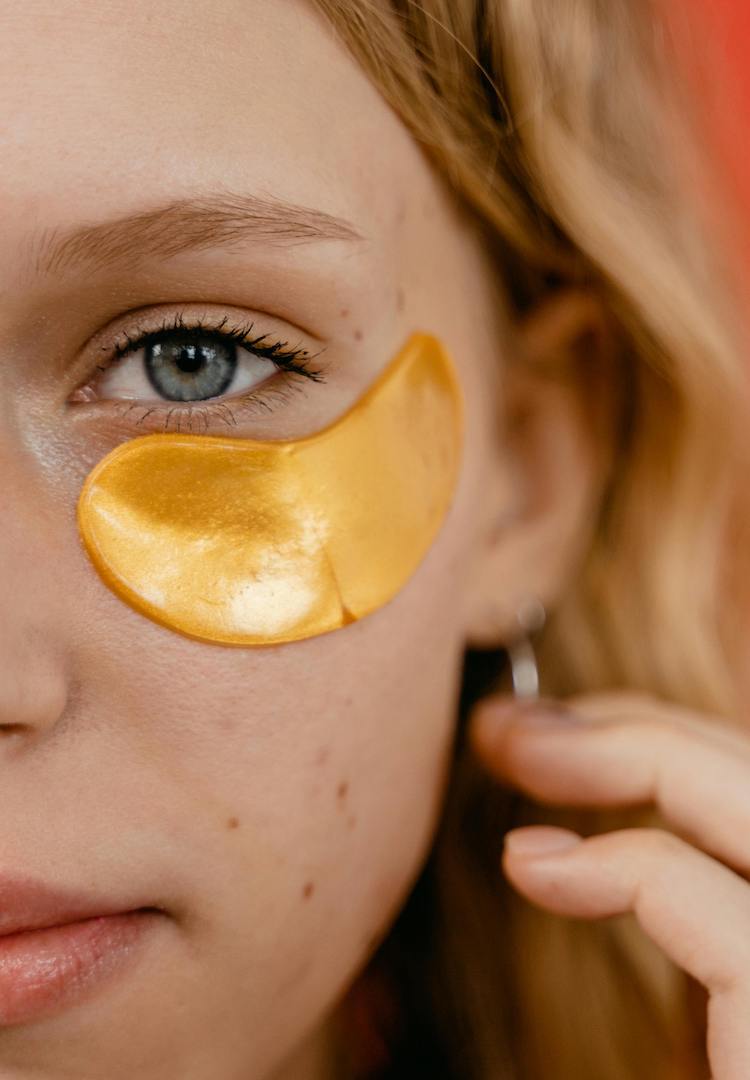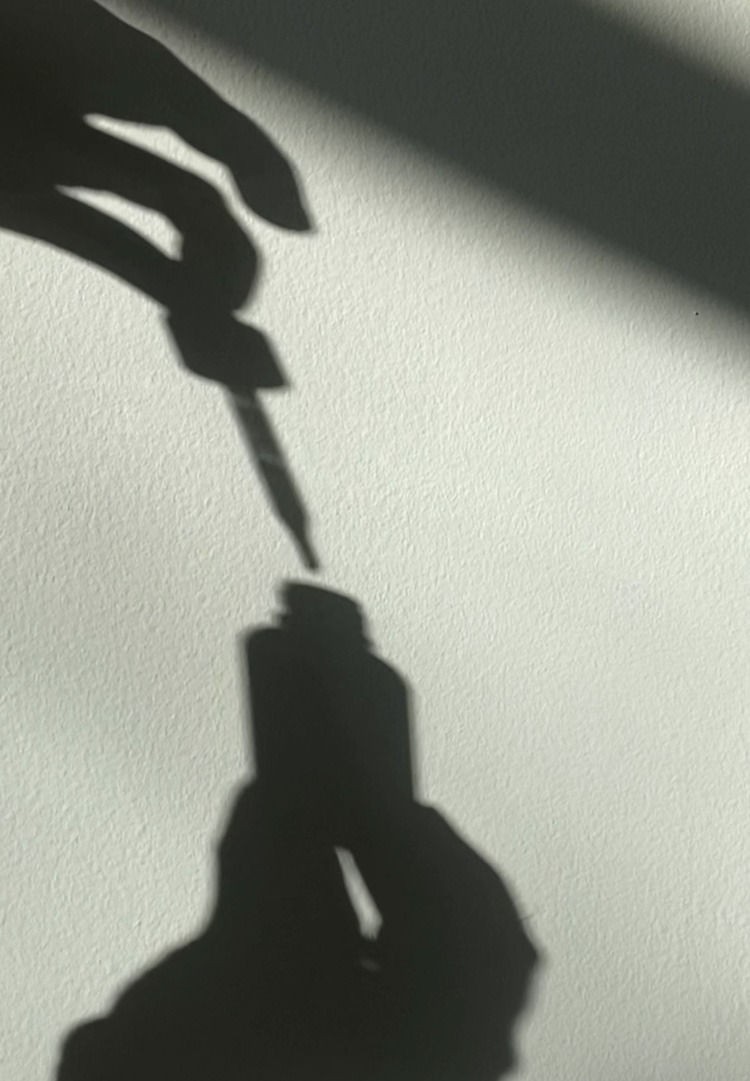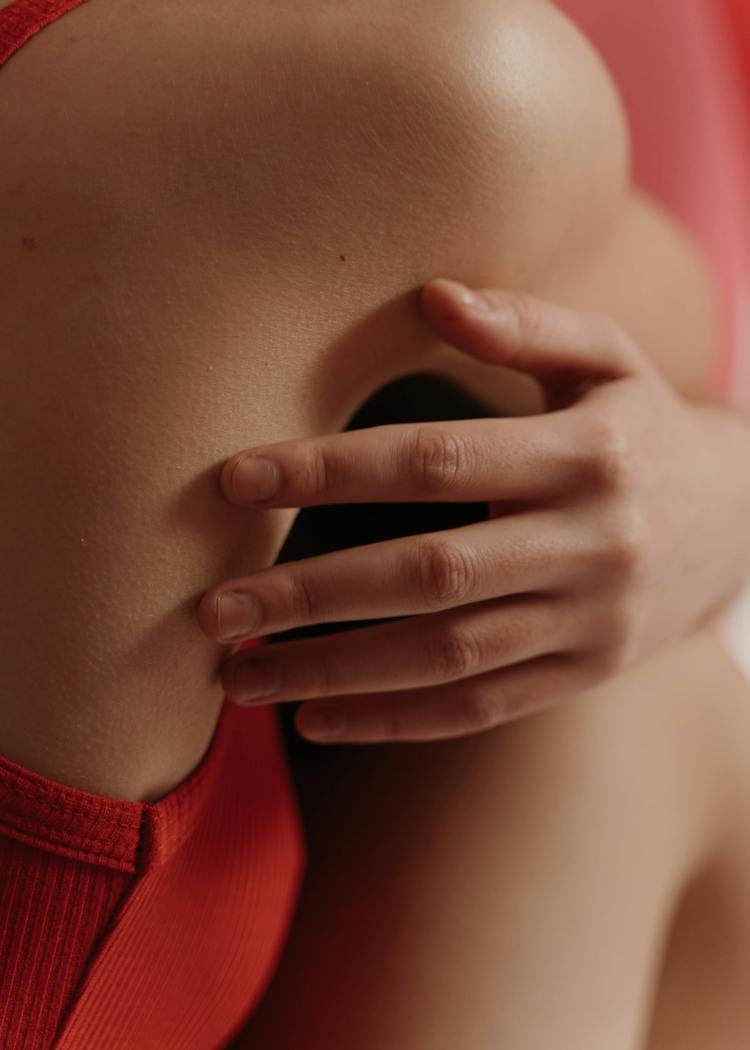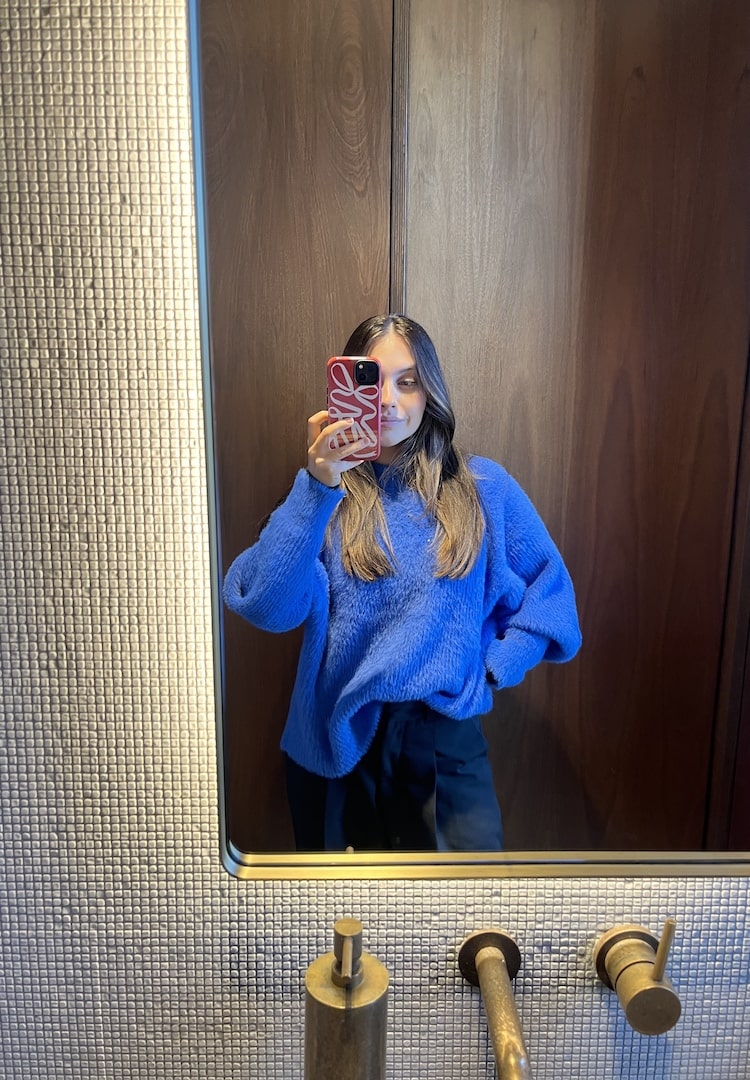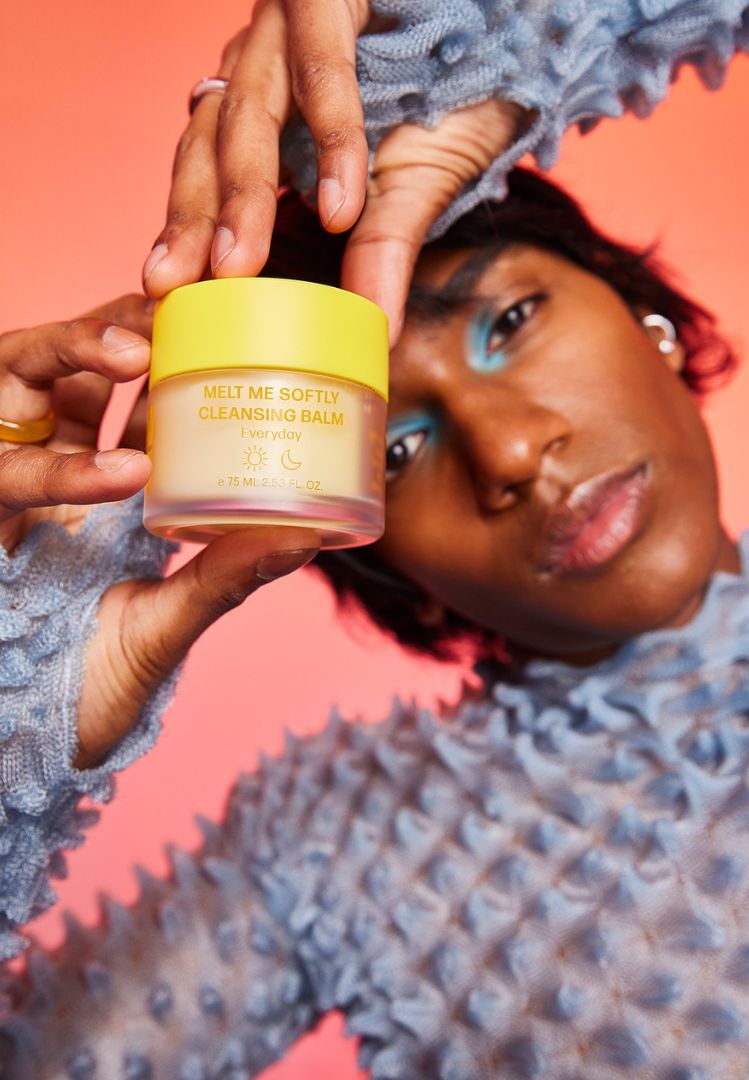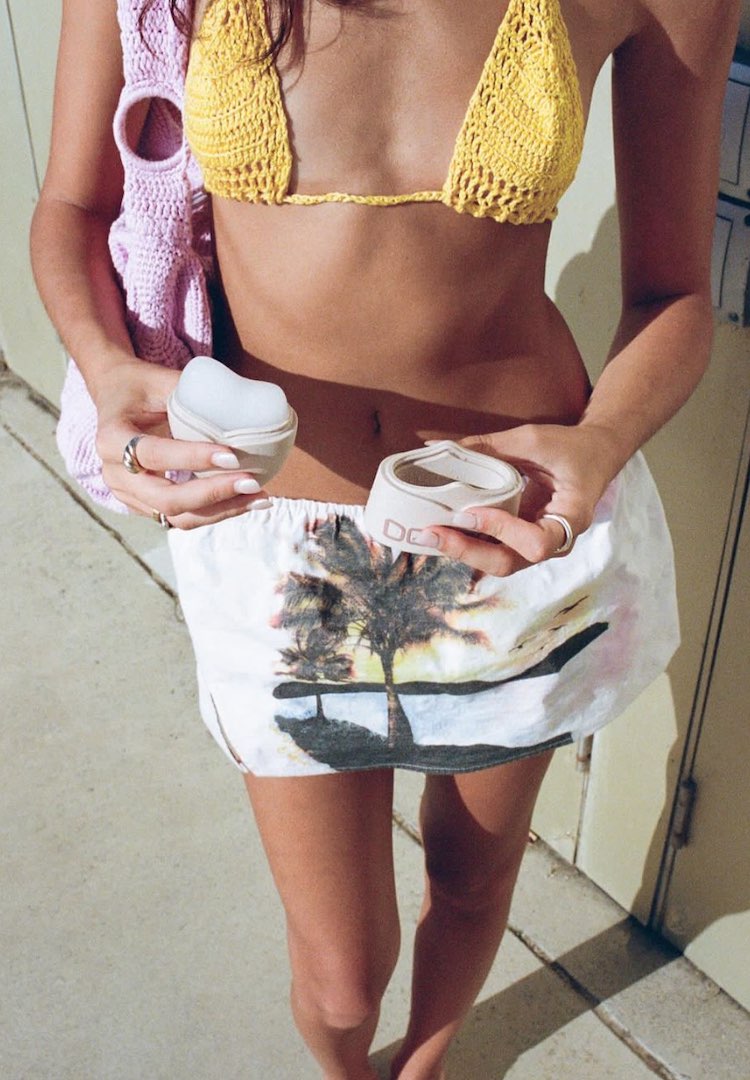Why do people assume acne sufferers don’t care about their skin?
WORDS BY AMY FOCIC
“I just feel like most people are coming from a good place… but they’re just going about it the wrong way because I haven’t asked.”
Ever since I crossed the delightful threshold into puberty, I’ve had acne. It’s ebbed and flowed over the years, coming and going like a flaky yet dear friend, but ultimately, acne has well and truly made its mark on my face (and my self-esteem).
It was only last year, however, that my acne well and truly escalated into awful, painful, cystic acne territory. Desperate to rid my face of the Satan spawn that had decided to claim it as their home, I spent a good deal of time trawling the internet searching for answers.
We like nosy people. Don’t be shy, head to our Beauty section for more.
I read copious magazine articles, WebMD pages, skincare blogs and comment threads in skincare-focused Facebook groups. Alongside oodles of product recommendations were morsels of advice claiming that my gut health was probably in poor shape, and it was leading to acne.
Or, there were countless suggestions to cut out dairy or sugar from my diet, and watch my acne vanish. There’s always the classic ‘Just drink more water and your skin will clear up’. I absorbed this messaging without much thought, and spiralled into questioning what else I could possibly be doing wrong that was wreaking so much havoc on my face.
When I gave it some more thought, I couldn’t help but notice that a lot of the advice out there implicitly (or sometimes explicitly) shames people with acne. It assumes that we don’t really try to take care of our skin, or that we neglect our diets. Even worse, a lot of this advice is doled out by unqualified (albeit usually well-intentioned) people.
Melbourne content creator and beautician Maddie Edwards knows this dilemma intimately. Maddie is open about her experiences with acne and eczema, which has led to the cultivation of an online community centred around skin acceptance and self-love. But it’s because Maddie doesn’t try and hide her acne that people feel as if they need to dish out advice.
“… I just feel like most people are coming from a good place, they’re speaking from experience, or they genuinely want to help, but they’re just going about it the wrong way because I haven’t asked. What makes you think that I am not already doing what you’re telling me to do?” she says.
View this post on Instagram
Maddie tells me the shaming can become even worse when a brand reposts her images to its social media pages.
“I did this work with Laura Mercier for a concealer, and the comments that were on that post under their page were just gross. It was disgusting. It was like ‘Oh my God this girl needs to see a dermatologist’, ‘No wonder she’s got acne, she’s caking all this stuff on her face’, ‘She obviously doesn’t wash her face right’… I think social media gives everyone a voice so they feel like they have to use it.”
While Maddie is able to move past these comments, I can only imagine how damaging these snide remarks could be for others with acne. These sorts of comments assume that the person with acne has complete control over the pimples popping up on their face, which had me wondering – is this even the case?
According to consultant dermatologist Dr Bevin Bhoyrul, the answer is no. When he tells me about the processes that cause acne, it’s clear that so much of the advice out there is misunderstanding what actually triggers it.
Dr Bhoyrul explains that acne occurs after a “cascade of events”: sebum (the stuff that makes your skin feel oily) production is increased, too much sebum causes a blockage in the opening of your pores, the blocked areas becomes full of bacteria, the bacteria causes inflammation – et voila, acne.
Dr Bhoyrul does explain that certain factors can precipitate acne, like taking hormone treatments or using thick makeup that blocks pores. So, whether or not our pores get clogged is in our control, but whether this will lead to acne? We can’t control that.
But what about all the claims that eating greasy foods or dairy causes acne? “In terms of lifestyle factors, diet or whatever, there’s no concrete proof of that. There’s a lot of things going around online about chocolate and dairy products. There’s maybe some suggestion that dairy products might precipitate acne, but not anything consistent.
“You’ve got to be careful with that, because if you think diet is the cause of everything, and then you cut out things that are necessary for your normal development, then that can be dangerous, particularly if you’re a teenager who’s still growing and you need the protein… if you start randomly cutting out things from your diet, you might be compromising other aspects of your health.”
When I ask Maddie if she’s ever had people tell her to change her diet to fix her acne, she doesn’t hesitate. “All the time. People believe it so much that they unfollow me if I don’t take their advice. It’s not even me saying ‘No thanks’, it’s just people can’t handle coming in to my DMs, giving me advice, then seeing me still complaining about acne and not taking their advice. They get annoyed at that and unfollow me.
View this post on Instagram
“I do post about stuff that I eat, you know I might post my lunch and someone will be like ‘Oh are you sure you should be eating this tomato-based blah blah blah it’s bad for inflammation’.”
As well as being completely unsolicited, this sort of advice rests on the inference that acne sufferers shouldn’t complain about their acne unless they’re willing to do absolutely anything to cure it. Towards the end of our chat, Maddie perfectly distils the problem with this guilt-inducing acne advice.
“That is the funniest thing about unsolicited advice. You’re looking at me and you’re basically telling me that I’ve got a problem that I need to fix, and if I’m not doing everything I possibly can, I’m an idiot. It’s bizarre.”
Instead of taking a stranger’s advice as gospel, Dr Bhoyrul advises seeing a professional when it comes to treating acne. He says your GP should be your first port of call, and will likely recommend you try treatments like prescription retinoids or antibiotic creams and tablets. If you try these things and you still aren’t getting very far, Dr Bhoyrul recommends seeing a dermatologist.
At the end of the day, you never know what’s going on behind the scenes when it comes to someone’s skin condition. It’s hard enough to deal with painful acne and the self-consciousness that often comes with it, let alone the misdirected advice on what to do about it.
I’m lucky in that the aforementioned Satan spawn making themselves at home on my face seem to be subsiding, but I know what worked for me won’t work for everyone. Plus, even if they do reappear, I’ll be more okay with it, thanks to the impact of the acne positivity movement and people like Maddie. There are so many more enjoyable things I can spend my time doing other than worrying about my acne.
To read more about skin acceptance, head here.

